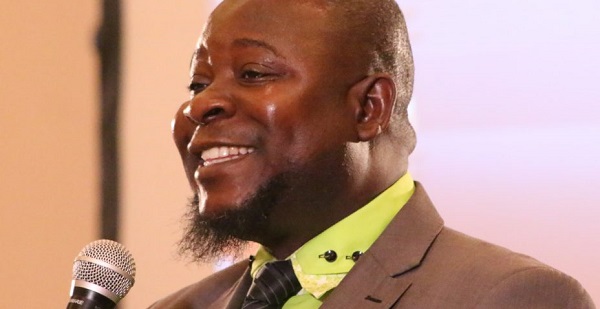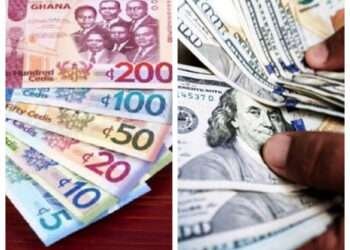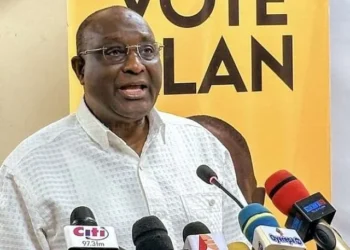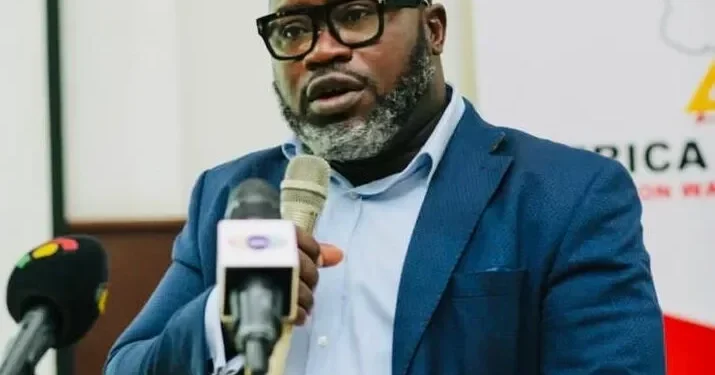A Senior Research Fellow with the Institute of Fiscal Studies has cautioned the government of Ghana to desist from engaging in policies that do not help the long term aspiration of the country.
Dr Said Boakye, addressing the media on Thursday, August 6, 2020, called out some of government’s decisions from the onset of the COVID-19 pandemic and described them as puzzling.
“Since the pandemic hit the country, the government has taken certain fiscal policy actions that are quite head-scratching. The government announced a 15% salary increase of civil servants in March 2020 after the pandemic had already hit the country and a lockdown was imminent. The government went ahead to provide free water for all from April to June, including for those who were not vulnerable and were capable for paying for their water consumption.”
He asked whether the government is oblivious of the state of the country’s economy prior to the outbreak of the pandemic.
“Is the government not aware that the country’s fiscal position was already in a precarious state before the pandemic hit. Given the country’s poor and delicate fiscal position which has dramatically worsened due to COVID-19 and some of the policy choices of the government, we recommend that the government refrain from engaging in fiscal populism.”
A PhD research scholar in Economics at Utkal University in India, Matruprasad Mishra, has pointed out elsewhere that, governments must be able to stand their ground against transient demands in a country.
“During budget exercise, different sections of society expect various tax concessions and subsidised goods. However, the government has to take a holistic view in the matter to serve maximum benefit to the economy over a longer period of time. Instead of that, if the government concedes sectional demand, particularly in an election year to reap electoral advantage, it will be considered as fiscal populism.
“So hasty temporary decisions should not be taken {while} sacrificing long term goals.
“The government should be in a position to resist pressure groups to achieve long term goals. While the individual seeks short term benefits, the government should prioritise long term goals.”
Dr Said also raised concerns about the country’s debt portfolio.
According to the mid-year budget review by the Finance Minister, Ken Ofori-Atta, the country’s debt stock as at June 2020, stood at GH¢258.73 billion, representing 67% of GDP.
Moody’s, a bond credit rating company, predicted in April this year that, Ghana’s debt is to hit 70 per cent of the Gross Domestic Product (GDP) by the end of this year.
With this in mind, Dr Said indicated that the government must “immediately seek debt release.”






















